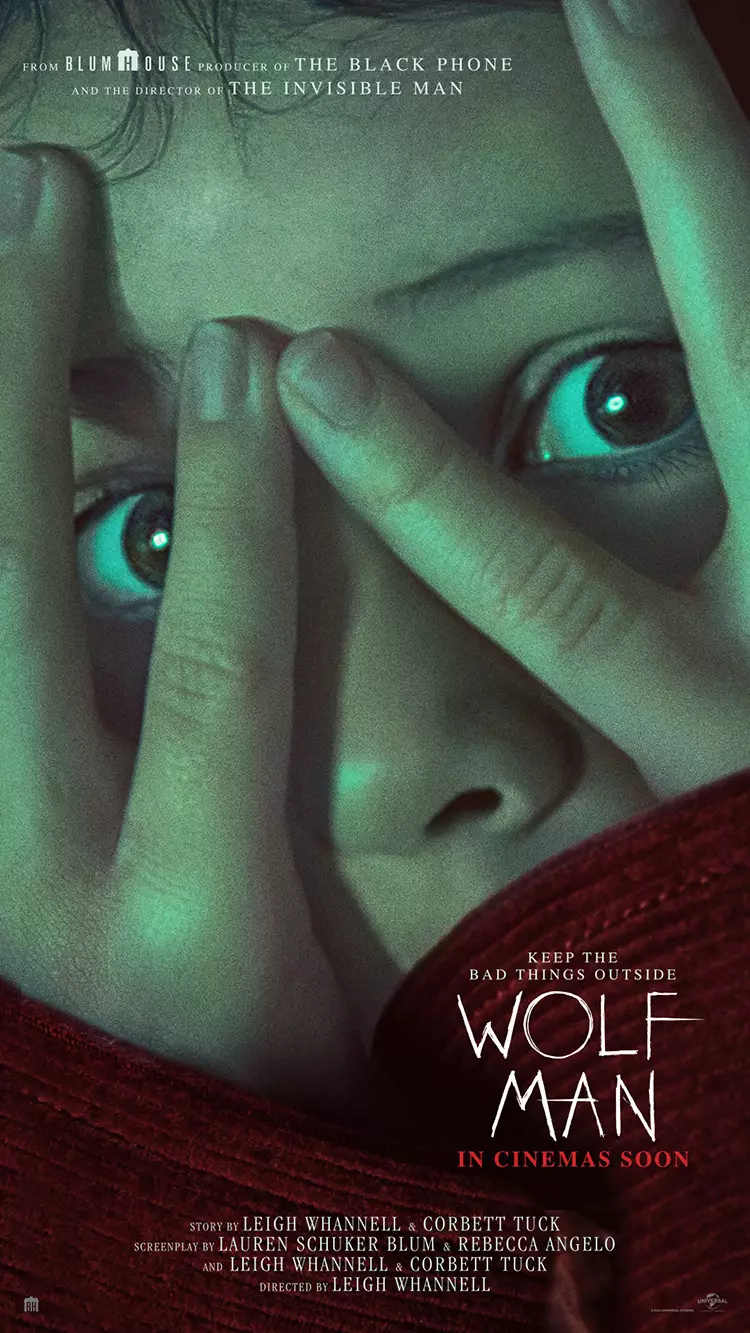Leigh Whannell is lauded for his adeptness in horror storytelling, having previously dazzled audiences with films such as *The Invisible Man*, *Upgrade*, and *Insidious: Chapter 3*. His latest venture, *Wolf Man*, marks another collaboration with Blumhouse Productions, a studio renowned for its mastery in crafting chilling tales. This time, Whannell delves into the age-old mythology of werewolves, but with a contemporary twist that promises to keep audiences at the edge of their seats.
The premise centers on Blake, a distraught husband and father who finds himself at a crossroads when he inherits his father’s desolate home in rural Oregon. This inheritance arrives after a troubling disappearance, prompting Blake to retreat from the urban chaos of San Francisco. The setting itself is crucial; it evokes a nostalgic yet eerie atmosphere that intertwines familial bonds and the looming threat of the supernatural. This juxtaposition of a crumbling family dynamic against a backdrop of primal horror serves as fertile ground for psychological tension.
Upon arriving at the remote property, we witness Blake’s marriage to his wife Charlotte, strained and on the cusp of disintegration. Their decision to take a family trip to the Oregon farmhouse raises questions about their motivations—are they seeking respite, or are they subconsciously confronting deeper issues that plague their union? The family’s proximity to nature and isolation amplifies their vulnerabilities, setting the stage for more than just an external beast; it gears the narrative towards an internal struggle, highlighted by Blake’s unsettling transformation into something malevolent.
As night falls, the family’s encounter with an unseen creature intensifies the fear that permeates the film. The suspense escalates when they barricade themselves indoors, a move that signifies their growing acknowledgment of the encroaching terror. The unseen animal, representative of both literal and metaphorical threats, obligates viewers to ponder the boundaries between safety and danger. It begs the question of whether the true monstrosity lies outside in the unknown or within the crumbling edges of their familial ties.
Whannell’s approach to *Wolf Man* is innovative yet character-driven. Instead of solely relying on scare tactics and gore, he crafts a nuanced exploration of identity and the effects of isolation. As Blake’s behavior becomes increasingly erratic, he embodies the age-old fears surrounding transformation and loss of control, essential themes in werewolf mythology. This metamorphosis is not just physical; it becomes a deeper reflection of the challenges faced when confronting one’s demons, both personal and external.
Moreover, the casting choices—featuring talented actors such as Christopher Abbott and Julia Garner—ensure that the film’s emotional weight remains palpable. Their performances promise to anchor the film’s more fantastical elements in relatable struggles, enhancing the overall impact of the horror narrative. Additionally, the involvement of Blumhouse’s Jason Blum and other producers further solidifies expectations for a high-quality production that melds horror with emotional gravitas.
*Wolf Man* emerges not merely as a retelling of an old legend but as a sophisticated commentary on the complexities of family, fear, and transformation. Whannell’s unique vision, coupled with a strong ensemble cast and the backing of Blumhouse, positions it as one of the most anticipated horror films. By intertwining classic horror mechanics with modern family drama, *Wolf Man* is set to redefine the werewolf genre for contemporary audiences. As the release date approaches, one thing is certain: viewers should prepare for a gripping tale of terror that is as psychologically unsettling as it is visually haunting.

